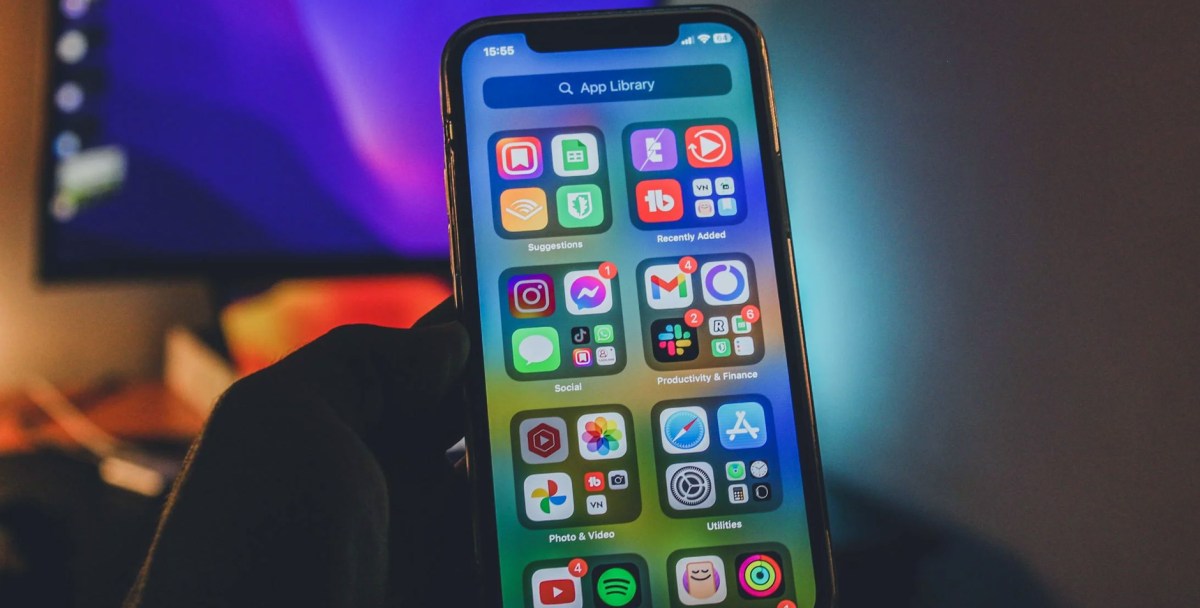Since their birth in the 90s, and especially after their popularisation from 2008 onwards, apps have evolved enormously.
A process that has led to the emergence of apps in many different categories depending on the sectors to which they refer. Let’s look at some examples.
Social networking apps
When social networks were born at the end of the 20th century, it was difficult to imagine how popular they would become.
The billions of users that the most widely used social networks have accumulated mean that the applications linked to them are among those with the highest volume of use, as well as those with the longest usage times.
These characteristics result in huge user communities with numerous derivatives in the advertising market or in other less tangible issues such as the impact on the creation of trends.
Apps to meet people
Although the term ‘dating apps’ may be euphemistic and it would be more appropriate to speak of ‘dating apps’, the truth is that these types of apps are extremely popular.
An increasing number of couples around the world have emerged thanks to this type of application, with different types depending on the sexual orientation of the users, the possibilities of interaction between different profiles or the ability to filter only people you have crossed paths with in real life.
The success of one of them, Tinder, has made its name practically synonymous with this type of application. As a curiosity, its founder –Whitney Wolfe Herd– was also the driving force behind Bumble, an application in which only women can start conversations.
Game apps
The origins of the apps date back to 1994, when Tetris was installed on the Danish mobile phone Hagenuk MT-2000, the best-selling video game in history.
These types of applications are the ones that tend to generate the most revenue. Either through advertising or direct revenue, such as loot boxes, or through the freemium model (a combination of free and premium), whereby additional features or extra functions can be accessed for a fee.
Productivity apps
Although they may be more oriented towards the professional world, productivity applications are also useful for everyday use in our private lives.
Issues as varied as writing down pending tasks, taking notes, managing time or managing different passwords fit into productivity applications, which are designed to facilitate and simplify people’s daily tasks.
Travel apps
Travel apps can be of different types, including those related to accommodation, the journeys themselves, how to get around the destination or even recommendations of what to visit or what to do once we have arrived at the place in question.
Apps related to the trip itself can include both those used to search for destinations or compare prices and those used to manage tickets once they have been purchased.
Other apps that would fall into the travel category are those that offer information on flight status, offering a huge range of possibilities for different kinds of questions when it comes to planning, executing or enjoying travel at the time.
Delivery apps
Although they are usually linked to food delivery, they also offer other services such as grocery shopping.
But going to their most frequent task, we can find two types of home delivery apps.
On the one hand, those specific to each catering establishment. In general, large chains, often also linked to fast food, are the profile of establishments that usually have their own applications.
On the other hand, applications that include a wide and varied gastronomic offer so that users can filter according to different and diverse criteria such as proximity to the home or the type of cuisine.
Audiovisual content apps
Audiovisual content applications can be divided into two different categories: those aimed at the consumption of this type of product and those used for editing content.
In the first category we would find applications for television, audiovisual platforms, radio, music or podcasts, including some of the most widely used in the world.
The second category includes editing or pre-production applications for audiovisual content, which means that neither large equipment nor specific programmes for video editing are necessary. There are different categories depending on the quality and features offered by these applications.
Finance apps
Finance applications can range from those of the banking organisations themselves, with which you can manage with a simple click what used to require a series of processes in which you had to invest more time, to those that help you manage payments or keep control of your domestic economy.
We can also find applications that can be used for travelling (converting the currencies of the countries we are visiting), others with which to share expenses without having to count currency by currency, to make accounts when paying between several different people, or even to make payments (whether between individuals, to NGOs or even to associated businesses).
Business apps
The optimisation of business resources is at the root of the need for companies to use business applications.
In this case, we are dealing with tools that can both simplify staff processes and increase productivity, usually with a focus on improving real-time collaboration and facilitating daily tasks.
Useful apps
As they are integrated by default in mobile phones and are an everyday element in our daily lives, they are often not even considered as applications.
Their use is part of our routine tasks such as using the alarm as an alarm clock, the torch when we are in the dark, the calculator to do accounts or the QR code, for example, to consult the menu in a restaurant.
